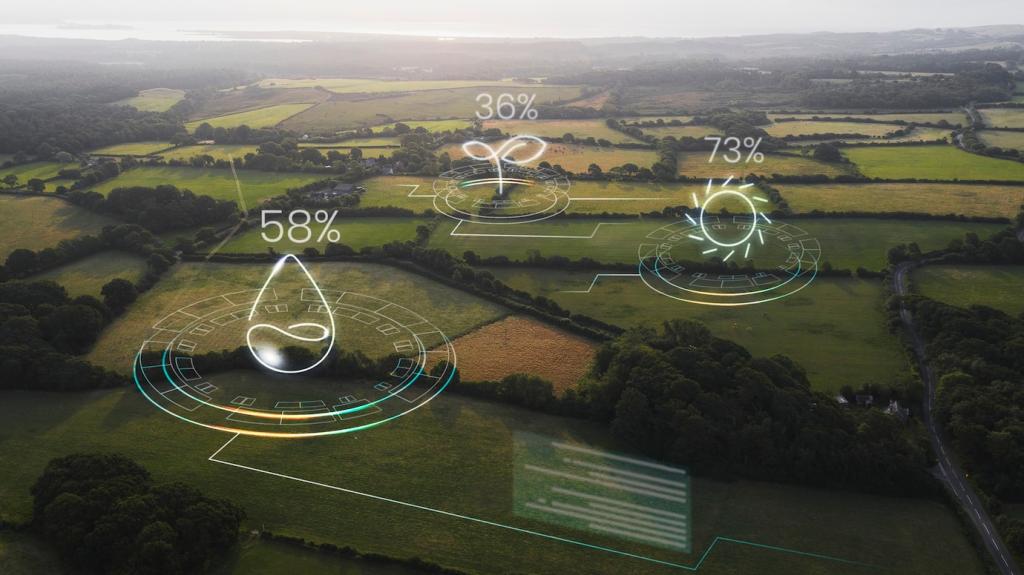Making Your Home Resilient with Smart Guidance
AI-driven thermostats and predictive shading plans recommend when to pre-cool rooms, close blinds, and run fans for maximum effect. The result is steadier indoor temperatures, lower bills, and less strain on the grid during dangerous heat.
Making Your Home Resilient with Smart Guidance
Risk maps and sensor data help AI suggest water-tolerant flooring, raised outlets, and storage strategies that protect essentials. It even highlights where to install backflow valves or deploy barriers before storms roll in from upriver.






